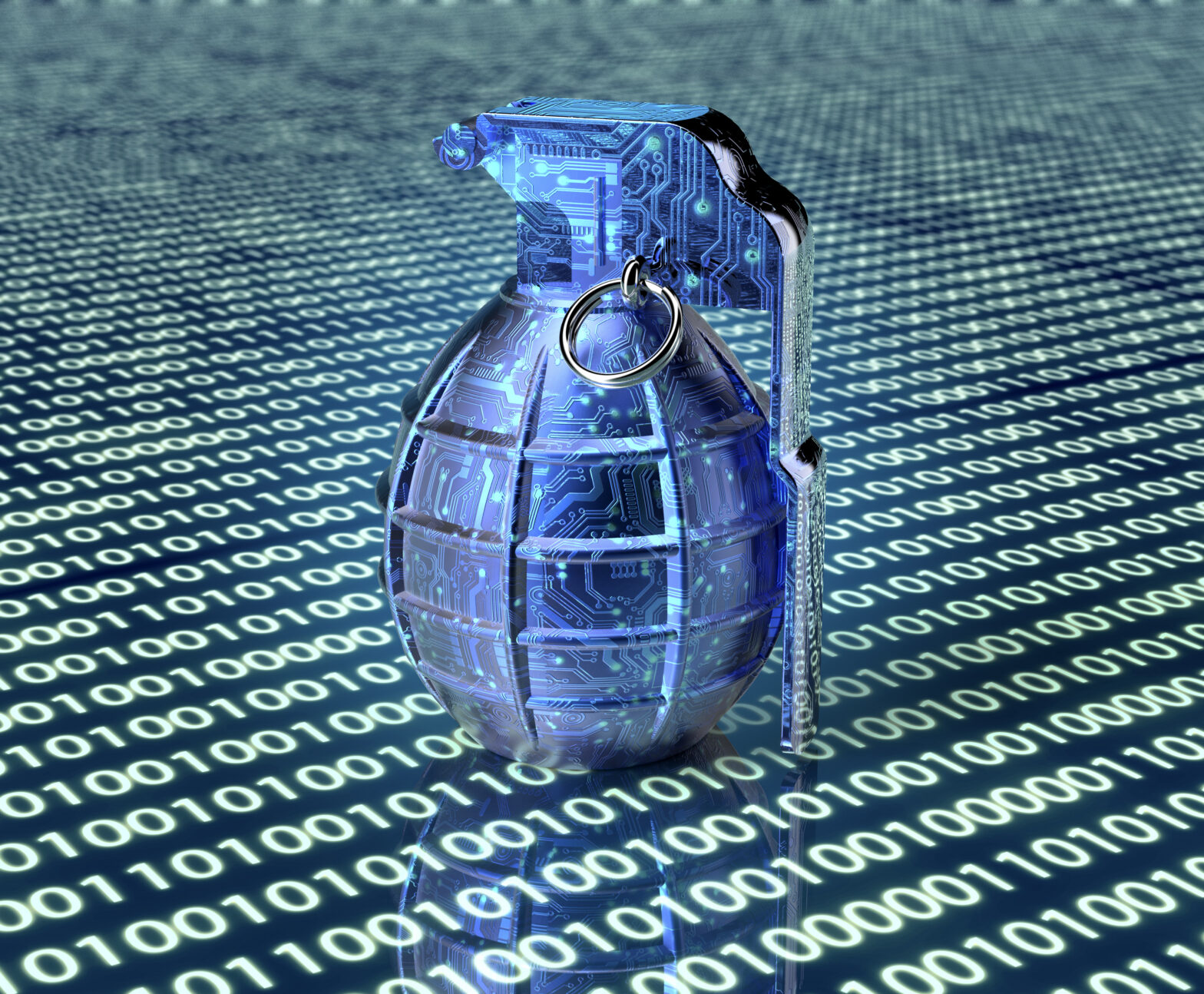The front page of the Telegraph this morning reports that keeping the UK safe from cyber attacks is now as important as fighting terrorism, according to the head of the intelligence monitoring service GCHQ.
Jeremy Fleming said increased funding for GCHQ was being spent on making it a “cyber-organisation” as much as an intelligence and counter-terrorism one. It comes after significant cyber attacks against the NHS (WannaCry and NotPetya) and parliament (where 90 email accounts were compromised) this year.
The problem is getting worse, and Fleming said that in the last year there had been nearly 600 “significant” cyber attacks needing a national response.
>See also: Encryption isn’t the enemy in the war against cyber-terrorism
Kirill Kasavchenko, Principal Security Technologist at Arbor Networks said “Safeguarding a nation’s critical services from evolving cyber threats is as crucial as fighting against terrorism and we should all contribute to the effort of keeping our country safe. Just like terrorists, the hackers are also changing their weapons, making it crucial for governments to prioritise and ensure the continuous improvement of their cyber capabilities.”
“Governments and businesses must expect to be unable to defend against such an attack – and whilst it is essential to have cyber defences in place, cyber policies shouldn’t stop there. There should also be an incident response plan in place for if a threat makes it past initial defences, and this should be rehearsed so individuals can act quickly to contain a threat.”
Changing security landscape
Writing in the Daily Telegraph, Fleming – the ex-deputy director of MI5 – who became GCHQ director in March, said the UK’s adversaries were “quick to spot new ways of doing us harm”.
“We see that in the way terrorists are constantly changing their weapons, or states are using their full range of tools to steal secrets, gain influence and attack our economy”.
>See also: Britain’s airports and nuclear power stations on cyber terror alert
In this relatively new digital fight, Fleming also made clear that there needed to be greater collaboration between the UK’s National Cyber Security Centre (NCSC) – which was set up last year – and the GCHQ with their work on cyber-security: it is “too often felt like the poor relation”.
However, he did add that the NCSC now has a “world-leading programme to reduce the incidence and impact of cyber-attacks without users even noticing”, after beginning to work with private companies to enhance its cyber security capability. This represents a sharp move away from the Cheltenham-based agency’s “work in the shadows”, according to Fleming.
“If GCHQ is to continue to help keep the country safe, then protecting the digital homeland – keeping our citizens safe and free online – must become and remain as much part of our mission as our global intelligence reach and our round-the-clock efforts against terrorism.”
Commenting on this, Mark James – Security Specialist at ESET said that: “It’s a sad fact of today’s life that we have to deal with attacks from all manner of foes – be it physical from terrorism or cyber from the digital world. It’s also concerning that both could be just as damaging; we often need a tangible foe for it to really hit home; cyber attacks often do not fall into that category. For the average person it only affects their data online, be it personal or financial- for them it rarely has any bearing other than something someone else will resolve.”
>See also: Understanding the motives behind cyber attacks can help prevent them
“But with so much or our physical world melding into the realms of apps and touch screens, the backbone of that infrastructure, if attacked, could cause far worse repercussions- utility companies, IoT, autonomous vehicles, governments and even our finances are going digital. A full scale organised attack on any one of those listed could cause havoc if successful, protecting those areas should be just as important as our physical concerns.”
“With so many companies connecting through the digital world it’s impossible to protect it 100%. As data enters and exits various points in the digital highway, it usually only needs to be authenticated once – if successful you have full control no matter where you originated from and as more companies integrate then the dangers increase, without proper defined security structure we are fighting a losing battle.”
Watch out for Information Age’s exclusive interview with a cyber terrorist hunter coming soon







